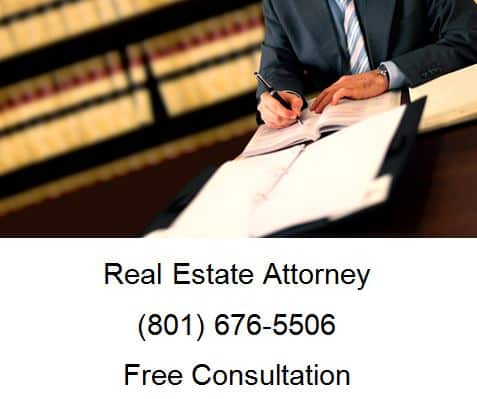
Trees are a common dispute among neighbors. Tree disputes can take many forms, such as trees that fall on a neighbor’s property and cause damage or circumstances where a neighbor’s tree blocks what would be a scenic or otherwise pleasant view. In some cases a neighbor’s tree may actually block a view of something unpleasant — such as a garbage collection site or freeway — and the cutting down of trees may also cause friction. This section contains information and resources relating to trees and neighbors, including laws and information on what you can do to protect the enjoyment of your land.
Trees and Property Lines
There is often some confusion about the rights and responsibilities of neighbors with respect to trees on property lines or whose branches extend into another’s property. As a rule of thumb, the owner of the property where the trunk is located owns the tree. Neighbors are free to trim branches that extend into their property but may be held liable for any trimming beyond the property line. And if a neighbor harms your tree, even unintentionally, they may be held liable for up to three times the replacement value. However, neighbors are not free to pick fruit from neighbors’ trees even if it hangs over their property.
Some property lines are actually defined by a tree or row of trees that sits right on the boundary. In these instances, the owners of the properties on which the tree trunk resides all own the tree and are responsible for its upkeep. These are referred to as “boundary trees” and may be removed only with the consent of all parties involved.
Tree Damage Caused by Natural Events
Storms often cause heavy tree limbs, or sometimes entire trees, to fall onto a neighbor’s property and cause major damage or even injuries. If it’s your tree that totals your neighbor’s car, for example, you certainly aren’t to blame for something beyond your control but you still may be held liable. These types of incidents usually are referred to as “acts of God,” but only if it is determined that the owner of the tree took reasonable steps to maintain it. In other words, you very likely would be held liable for any damage caused by a poorly maintained tree with dead branches that falls on your neighbor’s car.
If you have a tree that looks like it may fall onto your neighbor’s yard or house, you are responsible for taking the steps necessary to alleviate those risks. You may not know whether a tree is a potential accident waiting to happen, since it may not be visible from your perspective. If a neighbor alerts you to such a hazard but you don’t take care of it, they may seek a court order to have it removed. As with most neighbor issues, communicating with your neighbors and anticipating problems early usually eliminates the need for legal action.
Trees and View Easements or Ordinances
A property’s value is often substantially derived from its views, whether it’s an ocean view, a tree-lined valley, or a city skyline. Regions and neighborhoods boasting exceptional views, from coastal California to Central Park in New York City, typically have view ordinances in place to protect those views from obstruction. In Utah, there simply are no ordiances that we are aware of regarding trees. Whenever you see these types of ordinances, they are usually very limited to trees or other landscape elements and require the person whose view was blocked to ask the property owner to remove or trim the tree first.
But if the neighbor either refuses to trim the tree or ignores your request, you may file a formal complaint with local authorities. But if the tree was planted before the ordinance was enacted, you may have to pay for the removal yourself. Other limitations to some view ordinances include that certain tree species may be exempt; trees a certain distance away from your property line may be exempt; and trees that are owned by the city may be exempt.
Tree Boundary Lawyer Free Consultation
When you need legal help with a boundary or tree issue, please call Ascent Law for your free consultation (801) 676-5506. We want to help you.
8833 S. Redwood Road, Suite C
West Jordan, Utah
84088 United States
Telephone: (801) 676-5506

